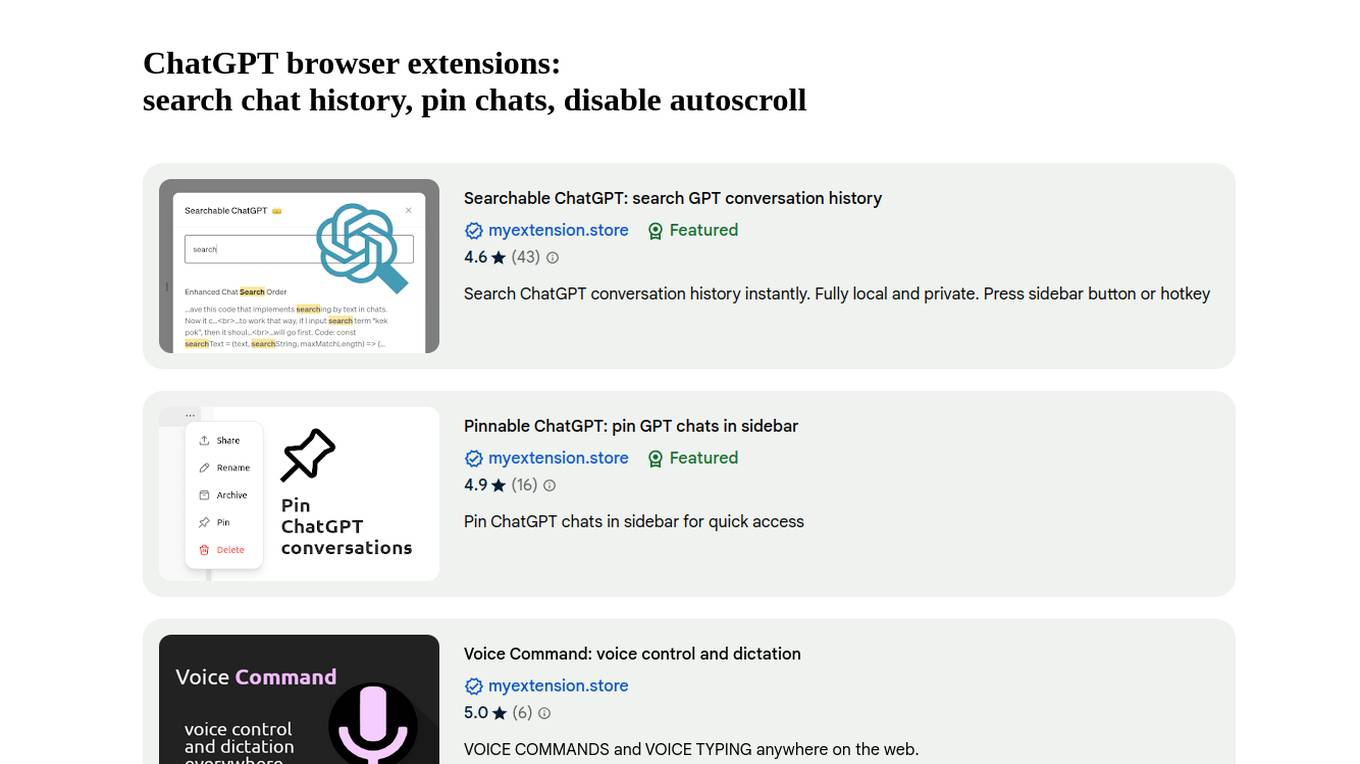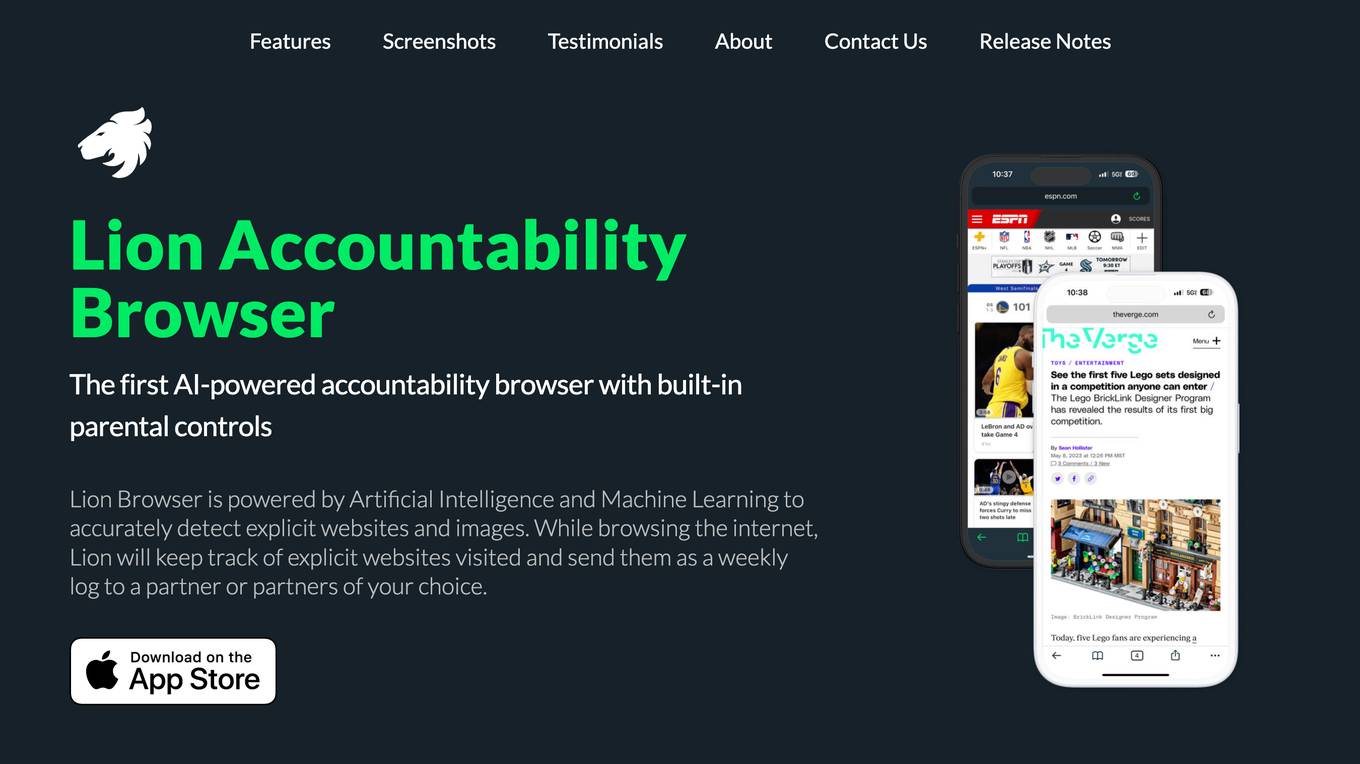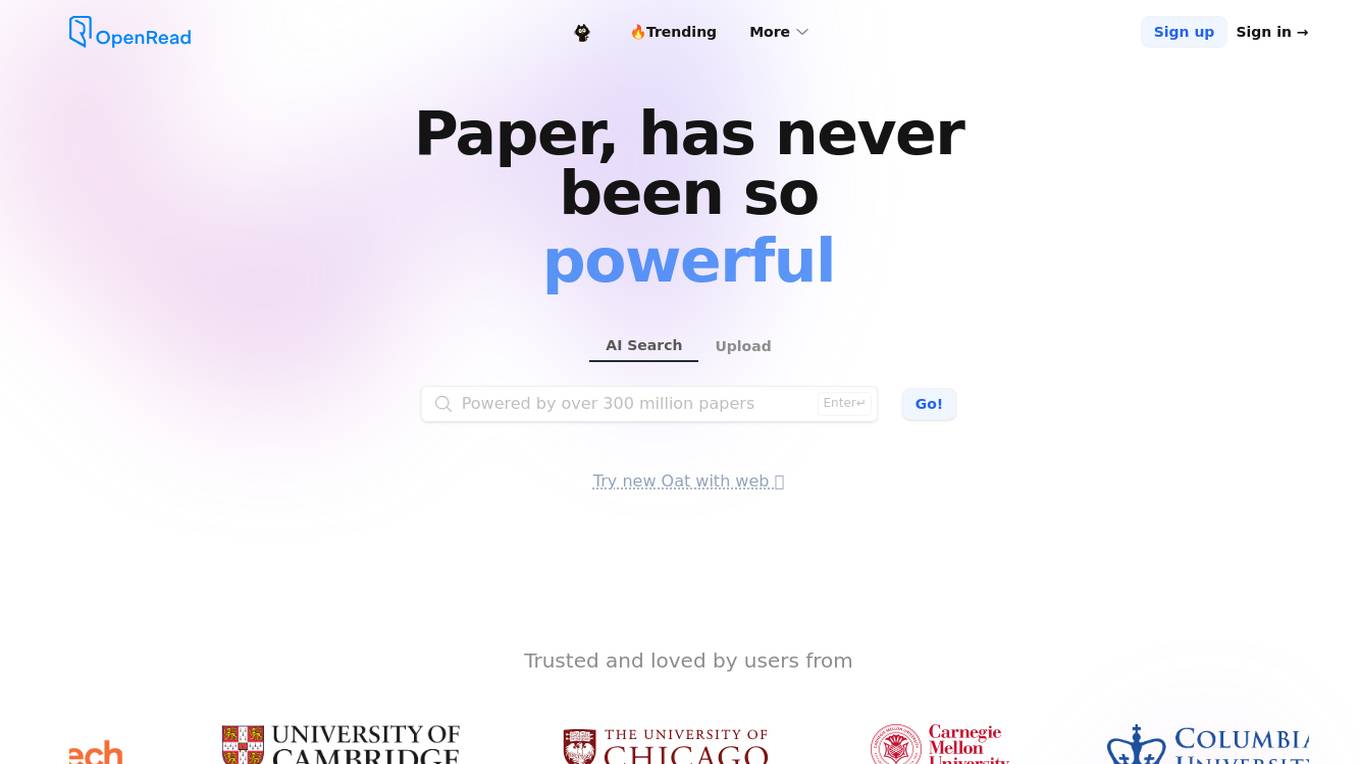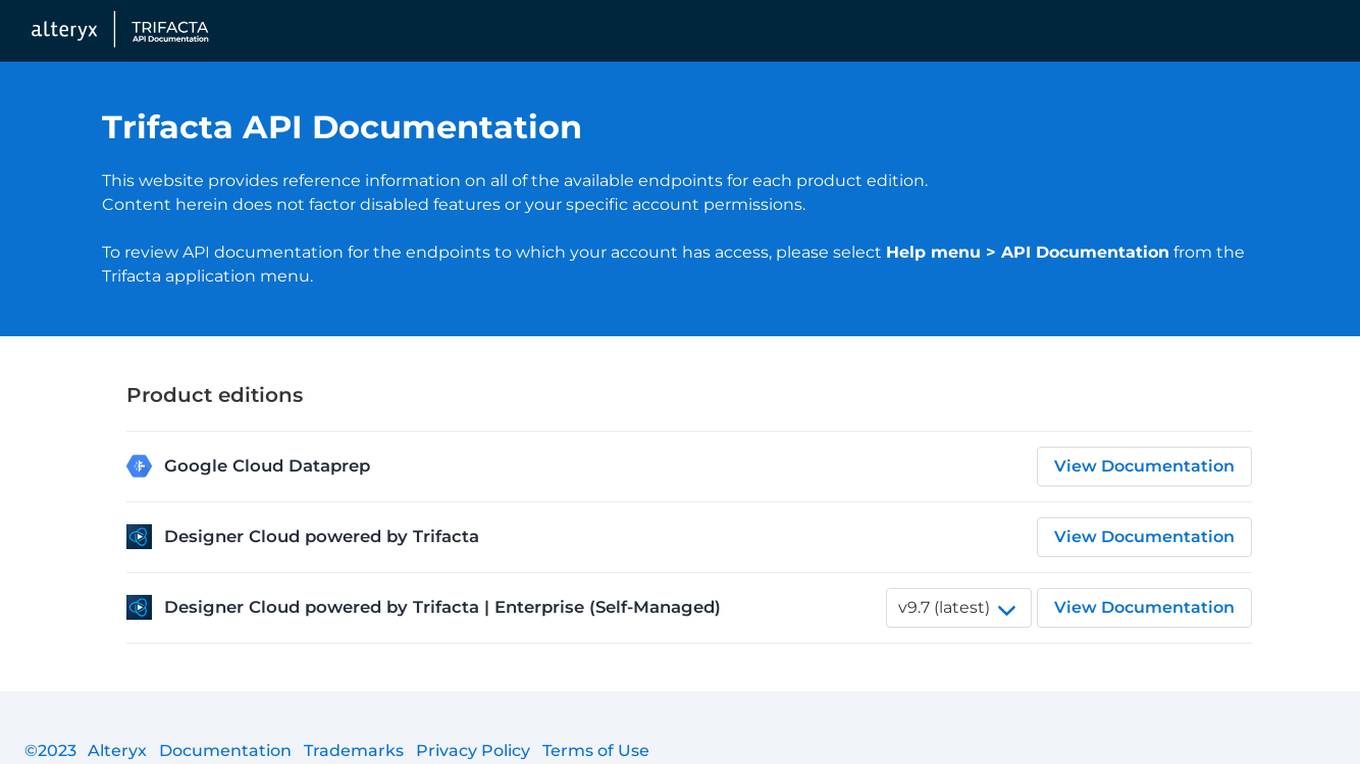Best AI tools for< Disable Attackers >
5 - AI tool Sites

ChatGPT
The website is an AI tool called ChatGPT that offers browser extensions to search chat history, pin chats, and disable autoscroll. ChatGPT uses advanced natural language processing to enhance chat experiences by providing users with convenient features to manage their conversations effectively.

Lion Accountability Browser
Lion Accountability Browser is the first AI-powered accountability browser with built-in parental controls. It utilizes cutting-edge Artificial Intelligence and Machine Learning to accurately detect explicit websites and images in real-time. Users can track their browsing history, blacklist adult websites, fine-tune detection levels, and disable images and media for a safer online experience. The browser aims to promote responsible web browsing and help users build good online habits.

HumanVerify
The website is a human verification tool that requires users to solve a puzzle to confirm they are not a bot. It helps protect user accounts and prevent spam by verifying human presence through a CAPTCHA puzzle. Users need to disable Google Translate and enable JavaScript to complete the security check.

OpenRead
OpenRead is an AI-powered research tool that offers a seamless research experience by providing access to a vast repository of over 300 million papers and trillions of web sources. It allows users to search for papers in real-time, gain valuable insights, and explore trending research topics effortlessly. With features like paper Espresso, Paper Q&A, and related Paper Graph, OpenRead aims to enhance research productivity and knowledge organization. The tool also offers the ability to disable web support for focused tasks and remembers chat history for easy reference.

Trifacta API Documentation
Trifacta API Documentation provides reference information on all of the available endpoints for each product edition. This website does not factor disabled features or your specific account permissions. To review API documentation for the endpoints to which your account has access, please select Help menu > API Documentation from the Trifacta application menu.
0 - Open Source AI Tools
4 - OpenAI Gpts

EDC Self Defense Weapons
EDC Self Defense Weapons: Information or guidance on what constitutes EDC self-defense weapons. This can include lists of recommended items, explanations of their practicality, legality, and effectiveness.

Disability Advantages Assistant
Helps disabled people globally find and claim their benefits.

Amazing Girls - 神奇女孩 - 素晴らしい彼女たち
Due to OpenAI's policy, the original GPT's code execution has been disabled, making it non-functional. We're creating a compliant, functional GPT. Thanks for your understanding.由于OpenAI政策,原GPT代码执行被禁,因而不再能正常使用。我将在另一个链接上重建一个更加合规、功能正常的GPT,搜索本应用的英文名即可。感谢您的理解。
